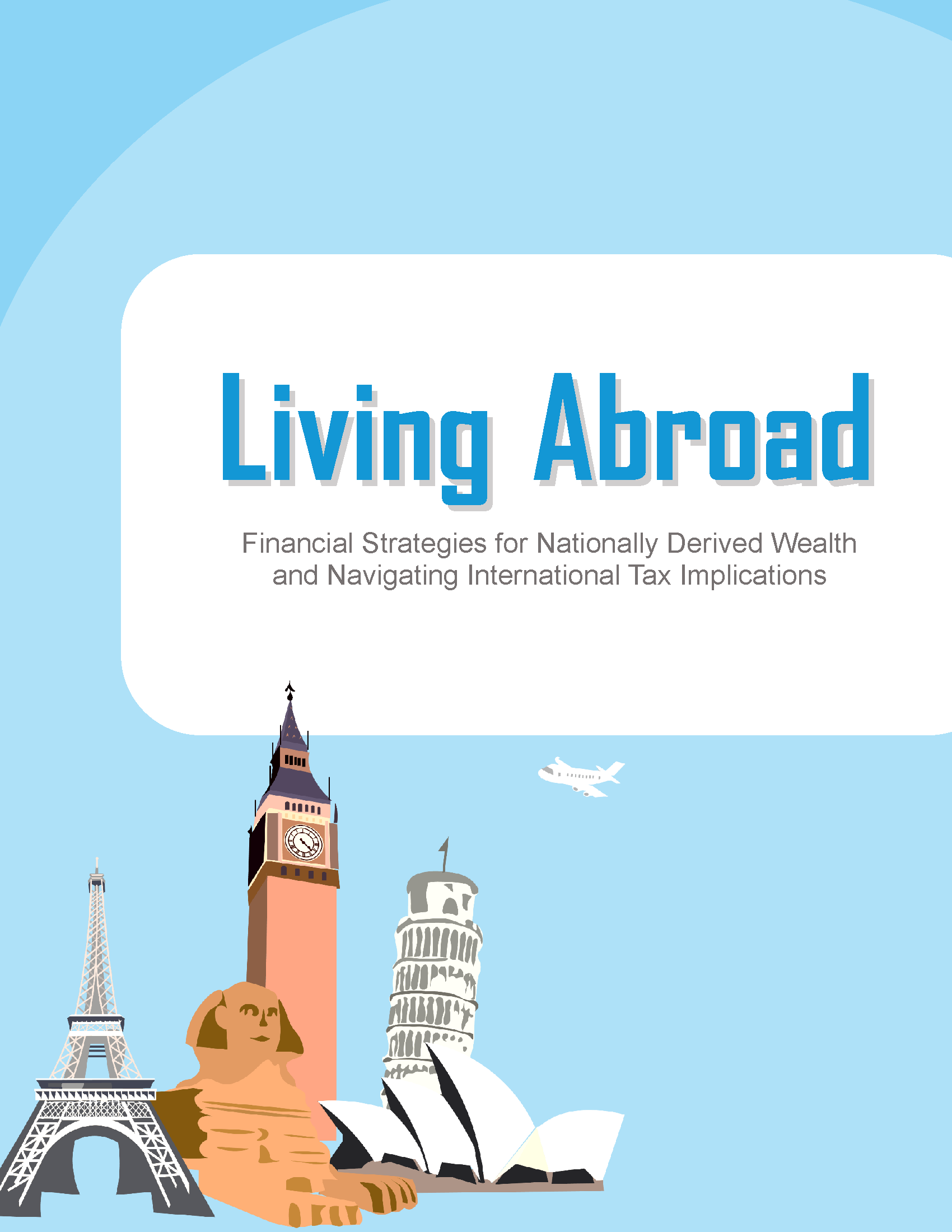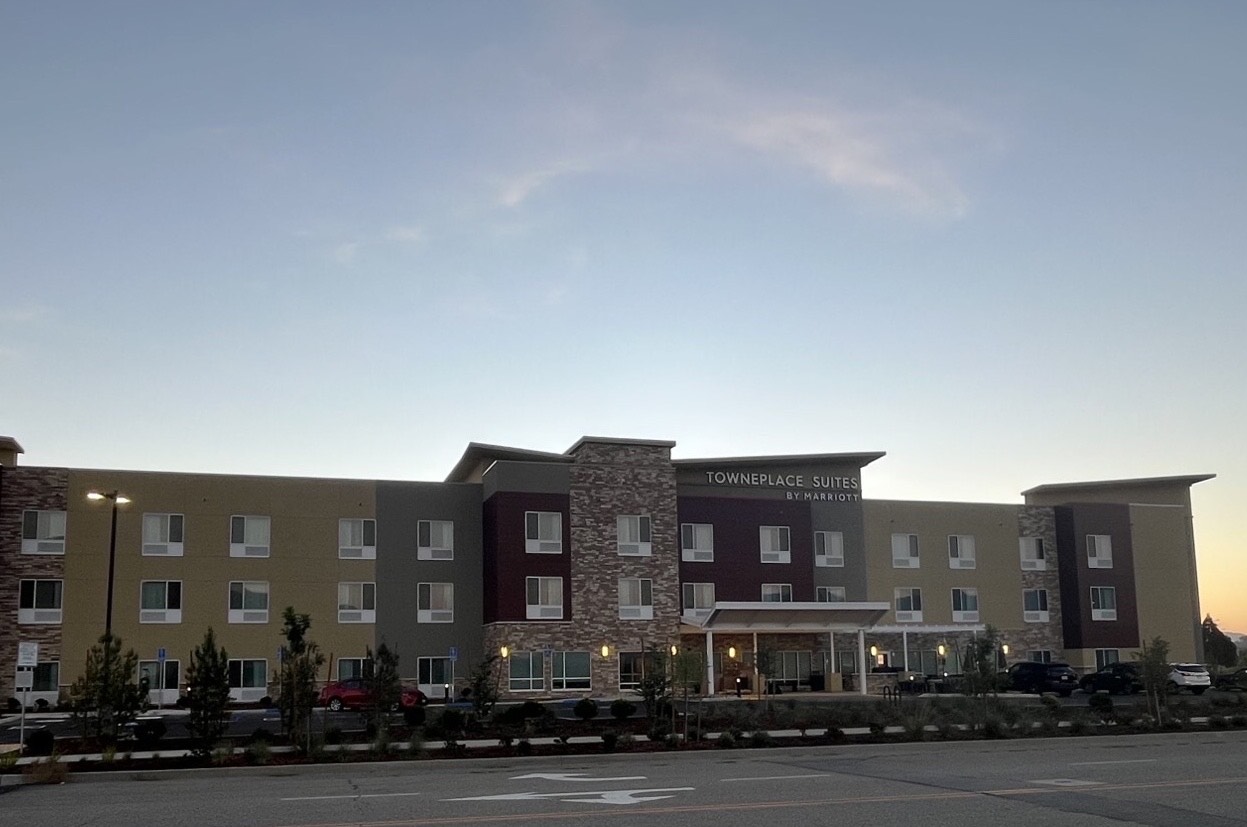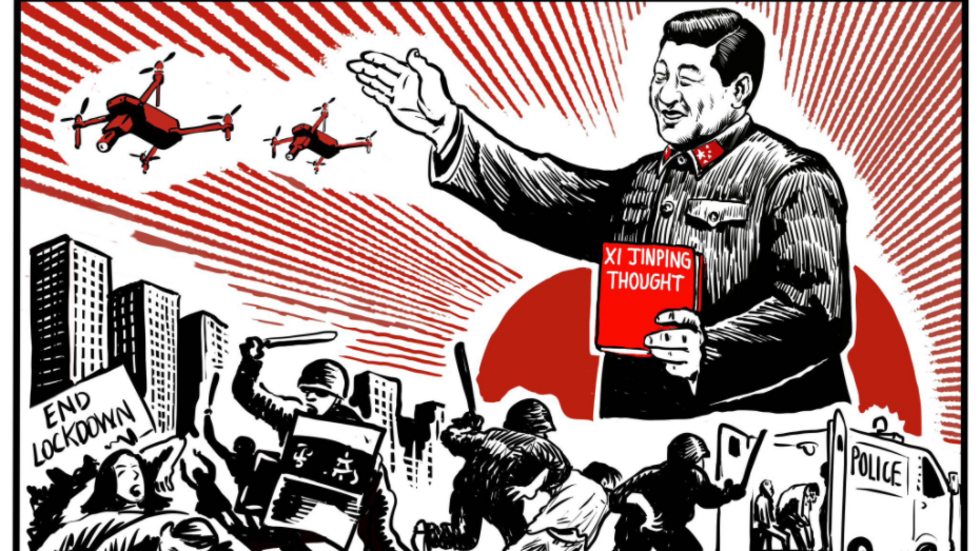The Financial Aspects Of Your Escape To The Country

Table of Contents
Property Costs: The Biggest Investment in Your Country Escape
Purchasing a rural property is the most significant financial commitment in your escape to the country. Rural property prices vary dramatically depending on location, size, and condition. Understanding these nuances is crucial for realistic financial planning. Country house prices in desirable areas can be significantly higher than those in more remote locations, and even within a single region, prices fluctuate widely.
-
Factors Influencing Property Prices:
- Location: Proximity to amenities, schools, and transport links greatly impacts price.
- Size and Condition: Larger properties in excellent condition command higher prices. Properties requiring significant renovation will cost more upfront, though potentially offer value long term.
- Property Type: Farmhouses, cottages, and converted barns all have different price points. A charming cottage might be more affordable than a sprawling farmhouse, but may require more maintenance.
-
Hidden Costs: Be prepared for expenses beyond the purchase price:
- Professional Valuation: Essential for obtaining a mortgage.
- Legal Fees: Conveyancing solicitors handle the legal aspects of the property purchase.
- Surveys: Building surveys are necessary to identify any potential problems.
- Stamp Duty: A tax payable on property purchases. The amount varies depending on the property's value and your circumstances.
Running Costs: Budgeting for Country Living
While the initial property purchase is a substantial cost, the ongoing expenses of country living should not be underestimated. Rural living often brings higher running costs compared to city life.
- Higher Utility Bills: Heating a larger property in a colder climate can result in significantly higher energy bills. Water rates may also be higher in rural areas.
- Rural Insurance: Insurance premiums for rural properties may be higher due to increased risks, such as flooding or isolated location. Consider this when comparing insurance quotes.
- Increased Transportation Costs: Limited public transport necessitates greater reliance on personal vehicles, leading to higher fuel and maintenance costs.
- Regular Maintenance: Maintaining a larger property, garden, and potentially outbuildings adds to the ongoing costs. Factor in regular repairs, gardening services, or DIY costs into your budget.
Creating a detailed budget, projecting these expenses over several years, will help ensure you can comfortably afford your country lifestyle.
Financing Your Country Move: Securing the Funds
Securing the necessary funds for your rural relocation is a critical step. Various financing options exist, each with its own advantages and disadvantages.
- Mortgage Options: Rural mortgages are available, but lenders often have stricter criteria. Your credit score will play a significant role in securing approval.
- Savings Plans: A substantial down payment will improve your chances of securing a mortgage at a favorable interest rate. Start saving early to build your deposit.
- Financial Advice: Seeking advice from a financial advisor specializing in rural property purchases is highly recommended. They can guide you on mortgage options, savings strategies, and investment opportunities to support your financial plan for country living.
- Alternative Funding: Inheritance or existing investments can supplement your savings and make your dream of an escape to the country more attainable.
Unexpected Costs: Preparing for the Unforeseen
Even with careful planning, unexpected costs can arise in rural living. A significant financial buffer is essential to absorb these unforeseen expenses.
-
Examples of Unexpected Costs:
- Boiler breakdowns
- Septic tank issues
- Pest control
- Unexpected property repairs
-
Contingency Planning: A well-defined contingency fund is vital. Include a percentage of your annual running costs specifically for these unexpected issues.
Conclusion
Escaping to the country is a rewarding experience, but achieving this dream requires careful financial planning. From the initial purchase of rural property to the ongoing running costs, budgeting accurately is paramount. Thoroughly researching property prices, understanding the associated expenses, and securing appropriate funding are crucial steps to successfully achieving your escape to the country. Start planning your dream move today by seeking professional financial advice and ensuring you have a realistic budget that accounts for all potential costs. Secure your financial future in the countryside and make your escape to the country a reality with careful financial planning.

Featured Posts
-
 Wall Streets Comeback A Threat To Germanys Dax Rally
May 25, 2025
Wall Streets Comeback A Threat To Germanys Dax Rally
May 25, 2025 -
 Record Highs Near Frankfurt Equities Opening And Dax Performance
May 25, 2025
Record Highs Near Frankfurt Equities Opening And Dax Performance
May 25, 2025 -
 How To Get Bbc Radio 1s Big Weekend 2025 Sefton Park Tickets
May 25, 2025
How To Get Bbc Radio 1s Big Weekend 2025 Sefton Park Tickets
May 25, 2025 -
 Net Asset Value Nav Of Amundi Msci World Ii Ucits Etf Usd Hedged Dist Analysis And Insights
May 25, 2025
Net Asset Value Nav Of Amundi Msci World Ii Ucits Etf Usd Hedged Dist Analysis And Insights
May 25, 2025 -
 Porsche Cayenne Gts Coupe Szczegolowa Recenzja Po Jazdach Testowych
May 25, 2025
Porsche Cayenne Gts Coupe Szczegolowa Recenzja Po Jazdach Testowych
May 25, 2025
Latest Posts
-
 Frances National Rally Assessing The Impact Of Le Pens Sunday Demonstration
May 25, 2025
Frances National Rally Assessing The Impact Of Le Pens Sunday Demonstration
May 25, 2025 -
 National Rallys Le Pen Demonstration A Disappointing Turnout
May 25, 2025
National Rallys Le Pen Demonstration A Disappointing Turnout
May 25, 2025 -
 Frances National Rally Le Pens Sunday Demonstration Falls Short Of Expected Show Of Force
May 25, 2025
Frances National Rally Le Pens Sunday Demonstration Falls Short Of Expected Show Of Force
May 25, 2025 -
 En France La Chine Muselle Ses Opposants Analyse D Une Strategie De Silence
May 25, 2025
En France La Chine Muselle Ses Opposants Analyse D Une Strategie De Silence
May 25, 2025 -
 France L Etendue De L Influence Chinoise Et La Censure Des Dissidents
May 25, 2025
France L Etendue De L Influence Chinoise Et La Censure Des Dissidents
May 25, 2025
